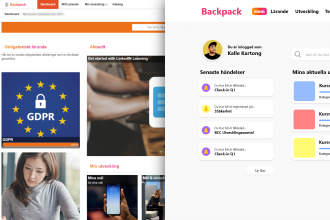Oud de Phenomenology
Why?
Who are those that affirm preconceived notions?
I'm sold, how did you do it?
By coding in multiple cycles, with the intent to highlight anything that conveyed meaning, without drawing any preconceived notions to whether it was relevant to motivation.
Here follows a brief description of each cycle:
First cycle coding
The intent of the first cycle coding was to find meaning, and as such, I attempted to code everything that was meaningful, which was categorized on subject matter.
Second cycle coding
In the second cycle, codes from the first coding cycle were re-coded into descriptive codes, process codes, and concept codes. E.g. finding descriptive patterns/themes in the transcription, interpreted processes, and interpreted concepts.
Second.5 cycle coding
In a later stage of the second cycle coding I employed a practice called magnitude coding. Which is a sub-coding process that codes to which magnitude – positive, neutral or negative that a code impacts something. In this case, how the descriptive codes, concepts and processes impacted motivation.
Third cycle coding
To make the final prioritization, the user pain points and needs were combined with the administrator pain points, and finally weighed towards the number of occurrences. Which yielded the following design goals:
Theming
The codes were then quantified, where only the most prominent codes rose to become emergent themes. The themes, which included the most prominent codes were then presented as results of the study.
Conclusion
Did I leave something out?
That is probably on purpose. I try to keep things brief around here. Lucky for us, you can find my entire thesis on this link:
And if you want to stay up-to-date with my upcoming articles on the subject, subscribe to my newsletter, “Tuna Post” here:
Tuna Post
Subscribe to the Tuna Post to get my bi-weekly update of cool stuff, original articles, and music.








